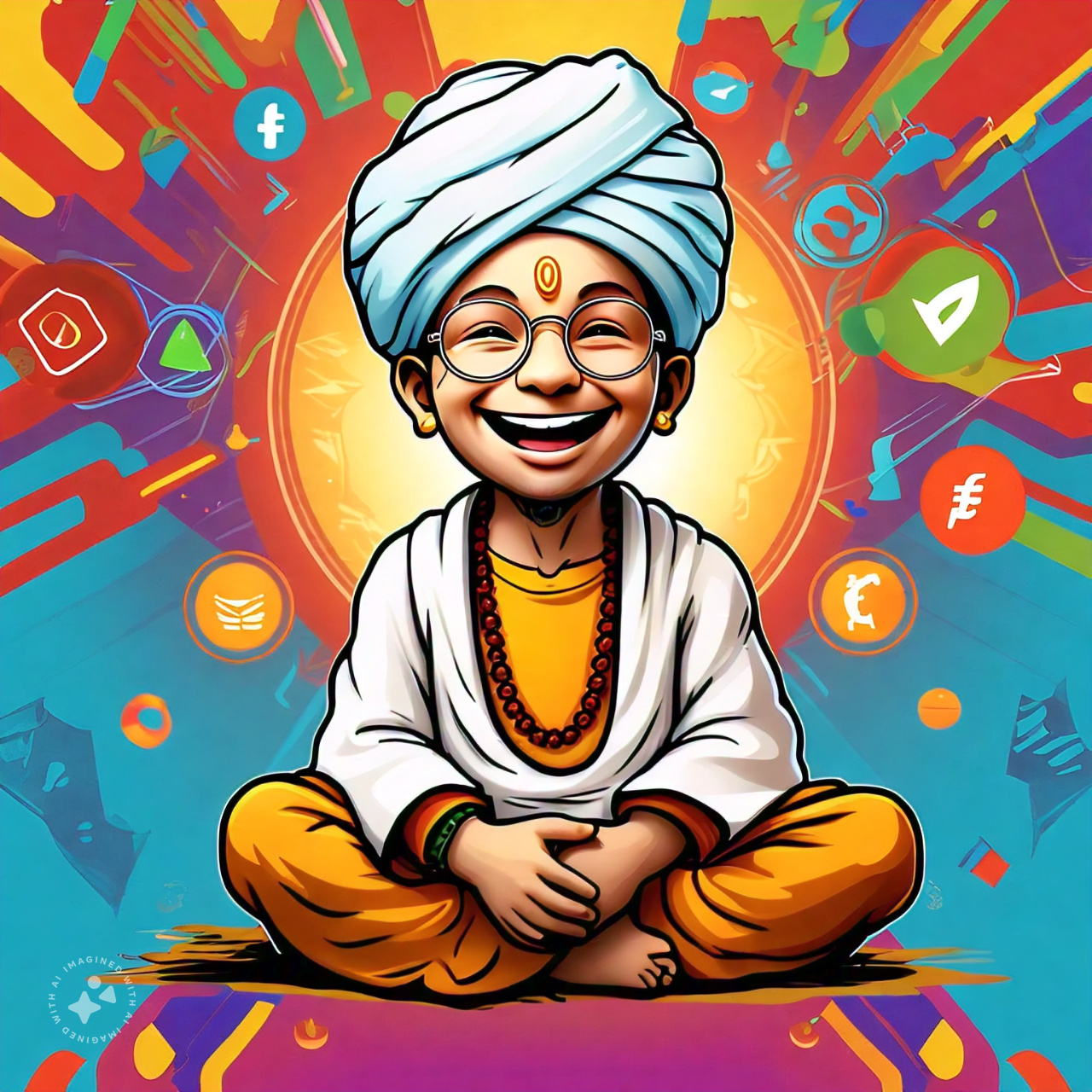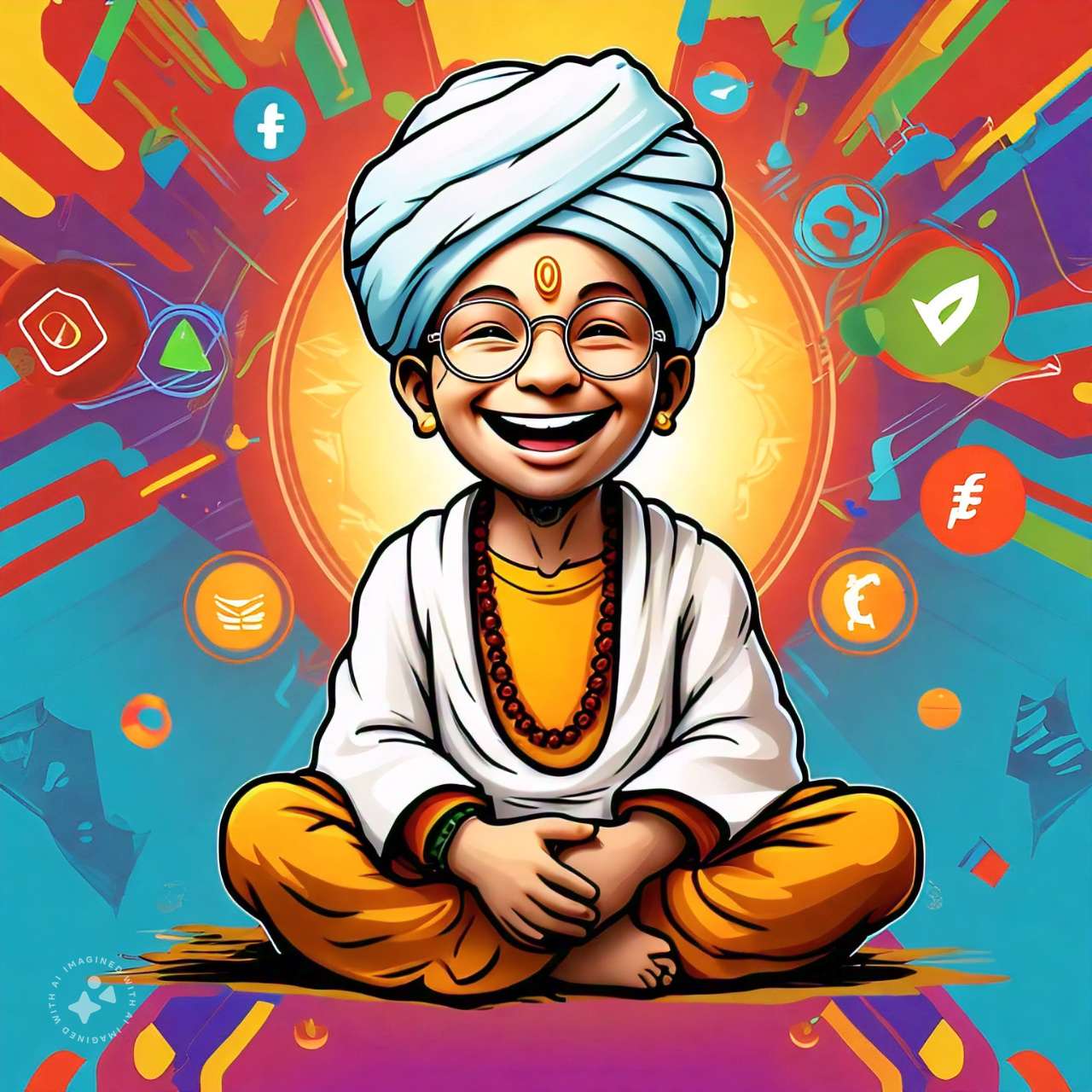Talk about Impact of Conspiracy Theories on Society
Conspiracy theories can cause mistrust, division, and polarization within society. They can also undermine confidence in institutions, spread misinformation, and even incite violence. Addressing the spread of conspiracy theories is crucial to promoting a more united, informed, and stable society.
While skepticism is healthy, spreading unfounded conspiracies can be harmful. How can we differentiate between legitimate concerns and harmful misinformation?
Legitimate concerns are supported by credible evidence, experts, and reputable sources. Harmful misinformation lacks these qualities and often appeals to emotion over facts. Critical thinking, fact-checking, and considering multiple perspectives can help differentiate between the two.
How can we ensure that we are not falling for misinformation and instead relying on credible sources for accurate information?
To avoid misinformation, verify information from multiple credible sources. Check the author's expertise, cross-reference with reliable sources, and be cautious of sensationalized content. Critical thinking, fact-checking tools, and media literacy skills are essential in discerning between reliable and false information.
I believe it's crucial to exercise critical thinking and verify information from various credible sources. How do you ensure information accuracy?
I ensure information accuracy by cross-referencing data from multiple reliable sources, checking the credibility of the authors or organizations, verifying facts with experts in the field, and being cautious of bias or misinformation.
It's important to consider bias and credibility when verifying information. How do you determine if a source is reliable?
I determine a source's reliability by checking for author expertise, citing reputable sources, evaluating potential bias, ensuring information is current, and reviewing the publication's reputation. Consistency with other credible sources and peer reviews also help establish reliability.
While those are important indicators, relying on peer reviews alone may not guarantee reliability. How can we account for that?
I would like to inquire about the impact of misinformation on public opinion and decision-making.
Talk about Impact of conspiracy theories on society
Conspiracy theories can undermine trust in institutions, fuel division, and spread misinformation. They can also harm individuals and communities by promoting false beliefs and causing fear and anxiety. It is important to address conspiracy theories with critical thinking and accurate information to mitigate their negative impact on society.
I understand the dangers of conspiracy theories, but suppressing free expression could pose risks to democracy. How do we balance these concerns effectively?
Balancing concerns involves promoting critical thinking, media literacy, and open dialogue to address conspiracy theories constructively. Setting clear boundaries on hate speech and misinformation while upholding the principles of free speech can help mitigate risks to democracy without stifling diverse perspectives.
I believe it's important to find a balance between freedom of speech and combating harmful misinformation. How can this be achieved effectively?
To achieve a balance between freedom of speech and combating harmful misinformation, a multi-faceted approach including media literacy education, fact-checking resources, accountable platforms, and responsible regulation is essential. Encouraging critical thinking, verifying information, and holding sources accountable are key strategies for navigating this complex landscape.
I believe strict regulation could stifle free expression, so how can we balance protecting against harmful misinformation while preserving free speech?
We can balance protecting against harmful misinformation while preserving free speech by encouraging transparency, promoting media literacy, fostering diverse perspectives, and holding platforms accountable for content moderation without imposing excessive censorship or restrictions that hinder open discourse.
Your point on balancing protection and free speech is valid. How can we best prioritize transparency and accountability in content moderation?
To prioritize transparency and accountability in content moderation, platforms should clearly communicate their moderation policies, provide reasons for content removal, involve independent auditors, and allow for appeals. Regular reporting on moderation actions and outcomes can also enhance accountability.
While transparency is crucial, platforms must balance it with privacy concerns. How can we ensure this balance is maintained effectively?
Talk about Impact of conspiracy theories on society
Conspiracy theories can create division, erode trust in institutions, fuel misinformation, and even incite violence. They can undermine social cohesion and exacerbate polarization within society, leading to decreased societal trust and cooperation.
While some conspiracy theories may spark critical thinking, many can indeed have detrimental effects. How can we combat this issue effectively?
To combat the harmful effects of conspiracy theories, we must promote media literacy, fact-checking skills, and critical thinking. Encouraging open dialogue, providing accurate information, and showcasing the importance of evidence-based reasoning are crucial steps in combating the spread of harmful conspiracy theories.
I agree that promoting critical thinking and media literacy is essential. How can we effectively teach these skills to a wider audience?
To teach critical thinking and media literacy to a wider audience, we can incorporate these concepts into education curriculum, provide workshops and training sessions, encourage open discussions and debates, promote fact-checking and source verification, and utilize digital platforms for interactive learning experiences.
Integrating critical thinking and media literacy into education can equip individuals with essential skills. How can we make this approach more accessible and effective for everyone?
To make this approach more accessible and effective for everyone, we can incorporate it into various subjects, provide resources online for self-learning, offer training for educators, involve students in hands-on media analysis, and promote collaborations with media organizations for real-world application.
I agree, practical applications and collaborative efforts can enhance learning. How can we ensure that these resources reach a diverse audience?
To ensure that these resources reach a diverse audience, we can utilize diverse communication channels such as social media, community partnerships, and educational platforms. Additionally, tailoring content to different learning styles and cultural backgrounds can make the resources more accessible and inclusive.
Agree, utilizing diverse communication channels and tailoring content ensures wider reach and inclusivity. How can we further improve resource accessibility?
Talk about Impact of Conspiracy Theories on Society
Conspiracy theories can fuel mistrust, division, and misinformation in society. They can undermine trust in institutions, erode social cohesion, and even incite violence. It is crucial to address these theories with evidence-based information and critical thinking to prevent their detrimental impact on society.
Talk about Impact of conspiracy theories on society




































